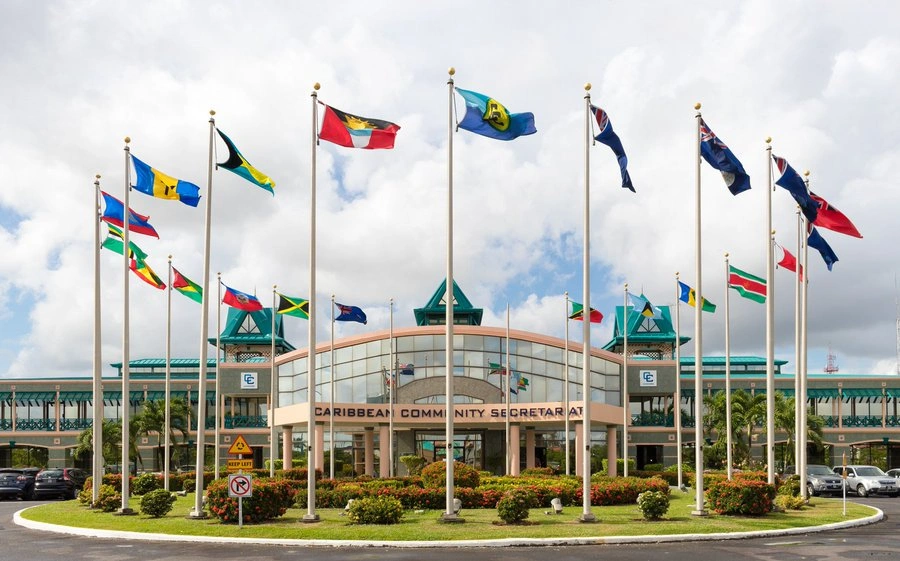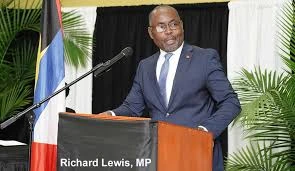St. George’s, Grenada — Grenada’s Parliament is embroiled in controversy after a viral social media video purportedly showed opposition MP Kate Lewis-Peters scrolling on her personal phone during a House of Representatives session, sparking accusations of rule-breaking and demands for an investigation into unauthorized recording practices within the legislative chamber.
The Incident and Immediate Fallout
The 30-second clip, circulated widely after the January 28, 2025, parliamentary sitting, captures Lewis-Peters, a member of the New National Party (NNP), browsing her mobile device. The video was accompanied by a caption alleging she was “shopping online” during proceedings, igniting public debate over parliamentary decorum and privacy rights.
Under Grenada’s parliamentary rules, electronic devices are prohibited in the chamber unless explicitly authorized by the Speaker, Leo Cato. However, the recording itself has raised separate legal concerns, as filming parliamentary sessions without approval is strictly banned.
Calls for Investigation and Broader Implications
Emmalin Pierre, Political Leader of the NNP and MP for St. Andrew South-East, condemned the incident as a “gross invasion of privacy” and vowed to push Speaker Cato for a swift probe. Addressing supporters at an NNP rally on February 9, Pierre demanded the unidentified videographer face consequences, including a permanent ban from Parliament.
“The People’s House cannot become a space for clandestine recordings and character assassination,” Pierre declared. “We stand with MP Lewis-Peters and insist on transparency. The culprit must be exposed and barred.”
Meanwhile, Andre Lewis, a Labour Movement representative in the Senate, announced during a February 4 Upper House session that he would launch his own inquiry into the “illegal recording,” stressing the need to uphold parliamentary integrity.
Debate Over Privacy vs. Accountability
The incident has divided public opinion. Critics argue Lewis-Peters’ alleged phone use undermines parliamentary professionalism, while supporters claim the focus should shift to the ethics of surreptitious recording. Legal experts note that while MPs are expected to adhere to device policies, unauthorized filming in Parliament could carry criminal penalties.
“This isn’t just about rules—it’s about trust,” said [Legal Analyst Name], a constitutional law scholar at the University of the West Indies. “If MPs or staff are secretly recording sessions, it sets a dangerous precedent for democratic transparency.”
Speaker’s Response and Next Steps
Speaker Leo Cato has yet to comment publicly, but parliamentary insiders confirm the matter is under review. Potential outcomes include sanctions against the individual who filmed the video, as well as disciplinary action against Lewis-Peters if device usage is confirmed.
The controversy comes amid heightened political tensions in Grenada, where the ruling National Democratic Congress (NDC) and opposition NNP are locked in a bitter feud over governance reforms ahead of the 2028 general elections.
The Carib Sentinel is tracking developments in Grenada’s political landscape. Follow for updates on parliamentary inquiries and regional governance issues.



